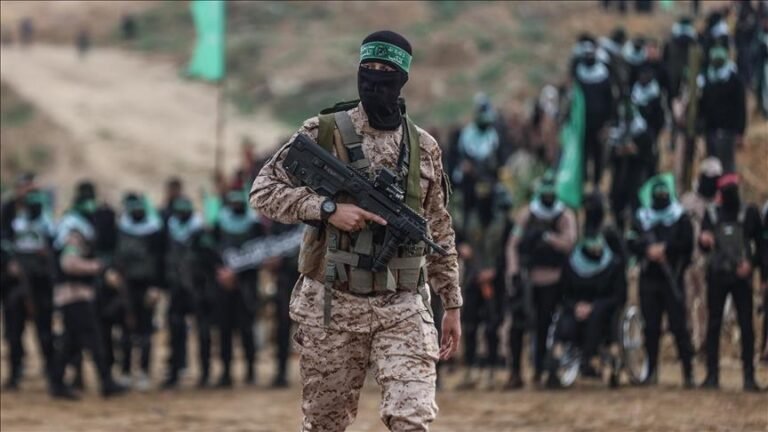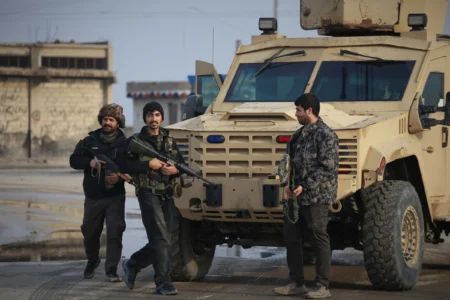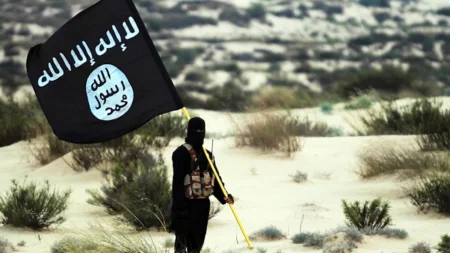Hospitals in Gaza are overwhelmed. Wounded Palestinians rush in every hour. The war, which has dragged on for 21 months, continues to take innocent lives. Israeli military forces show no sign of slowing their attacks.
On Saturday, Israeli air raids hit Al-Mawasi refugee camp and the southern city of Khan Younis. Many civilians were killed. One deadly strike targeted a sleeping family at Gaza Stadium. Witnesses say bodies were scattered across rubble.
In Gaza, healthcare is in crisis. Bombed hospitals are unable to treat the growing number of injured. People of all ages are dying slowly, many without pain relief or proper care.
Aid centers are also turning into death traps. Explosions have struck facilities meant to provide food and medical help. Civilians are afraid to seek shelter or support.
Meanwhile, new allegations have emerged. A US-based outlet reported that Hamas is trying to recruit Palestinians to kill aid workers and Israeli soldiers by offering rewards. The report claims Hamas plans to escalate attacks, including on humanitarian groups operating in Gaza.
Despite this, the US government is not giving up hope. Senior officials, including the Secretary of State, are now in contact with Hamas. The goal is to reach a ceasefire and arrange the release of hostages.
However, Israel’s Prime Minister has continued air raids. Backed by full support from the US administration, he shows no intention of halting military action. Critics say the US has not taken enough steps to rein in Israeli aggression.
Even when Israel’s Prime Minister faced court over corruption charges, the US President defended him. That support has drawn sharp responses from rights groups and protestors.
Despite rising violence, talks between US diplomats and Hamas offer a small glimmer of hope. US officials say a possible exchange of prisoners is being discussed. They also stress that a ceasefire is urgently needed.
Inside Israel, frustration is growing. On Saturday, thousands marched in Tel Aviv holding banners. Many had tears in their eyes as they chanted for peace. Their message was clear—stop the war and bring back the hostages.
Protesters demanded action, not promises. They called on the government to immediately rescue family members held by Hamas. Many feel the war is doing more harm than good.
Some protesters said that ending the war would help Israel rebuild ties with other countries, including Saudi Arabia and Syria. They believe only strong leadership can push Israel toward peace.
One demonstrator said, “Only Trump can stop Netanyahu and bring him to the table.” Others echoed the same, saying they hope change comes through new American pressure.
But Netanyahu’s opponents are growing bolder. They blame him for dragging out the war and risking the lives of those still held hostage. With each passing day, public anger deepens.
The conflict, now lasting 361 days without pause, has left Gaza in ruins. Basic services have collapsed. Thousands of homes are gone.
Children, mothers, and the elderly face daily terror. Many have lost everything. Calls for peace are louder than ever, but the path forward is still uncertain.
Global leaders watch closely as the US takes this rare step—talking directly to Hamas. If the talks succeed, they could lead to a turning point.
For now, Gaza bleeds. But hope remains that diplomacy might bring an end to one of the longest and deadliest conflicts in recent memory.







